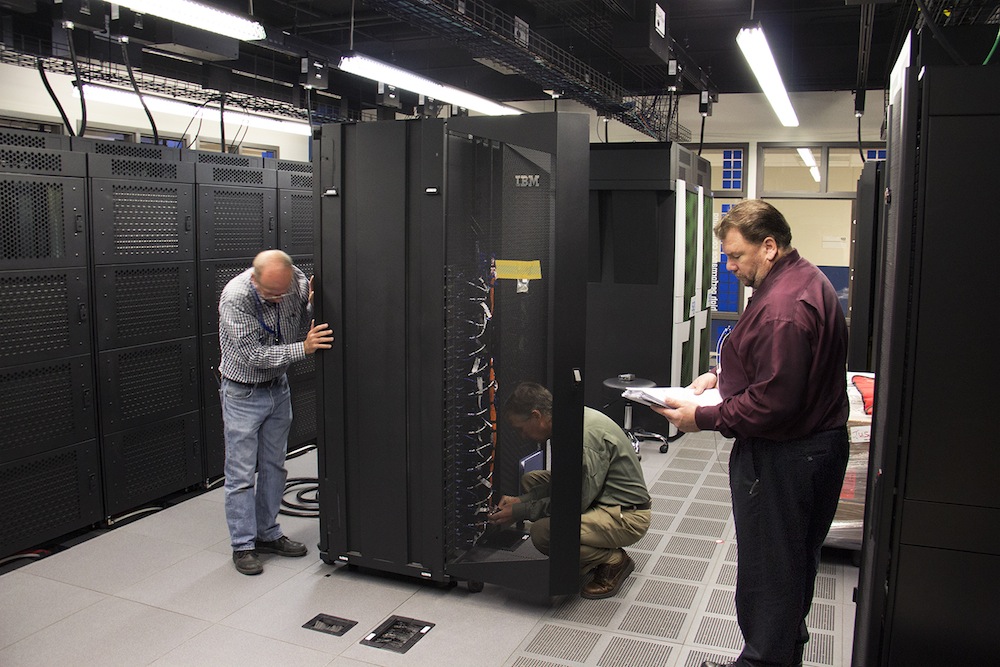
University of Arizona Gets Ultra-Fast Supercomputer

There's a new kid on campus at the University of Arizona … well, sort of. The Tucson-based institution recently acquired a new supercomputer that will enable researchers to make ultra-fast calculations. The machine, nicknamed "El Gato" (short for the Extremely LarGe Advanced TechnOlogy system) was obtained as part of a $1.3 million grant from the National Science Foundation.
The new supercomputer was ranked 336 out of the top 500 fastest supercomputers, according to Brant Robertson, an assistant professor of astronomy at the University of Arizona, who studies galaxy evolution and dark matter. "For the price, this computer is very, very fast, and it's very green," Robertson said in a statement. "The graphic processing units enable you to speed up your calculations up to 300 times faster compared with central processing units." (El Gato placed seventh in the world for "green," or energy efficient, supercomputing systems on the Green500 list.)
The supercomputer's impressive processing power will help scientists conduct research that requires multiple calculations to run simultaneously, and will deliver faster and more detailed results, according to representatives from the University of Arizona. "El Gato allows us to perform bigger calculations, to look at finer details, and to include more features in our models," Robertson said. "All of this enables us to do research we couldn't do otherwise."
Follow Denise Chow on Twitter @denisechow. Follow Live Science @livescience, Facebook & Google+.
Sign up for the Live Science daily newsletter now
Get the world’s most fascinating discoveries delivered straight to your inbox.

Denise Chow was the assistant managing editor at Live Science before moving to NBC News as a science reporter, where she focuses on general science and climate change. Before joining the Live Science team in 2013, she spent two years as a staff writer for Space.com, writing about rocket launches and covering NASA's final three space shuttle missions. A Canadian transplant, Denise has a bachelor's degree from the University of Toronto, and a master's degree in journalism from New York University.










